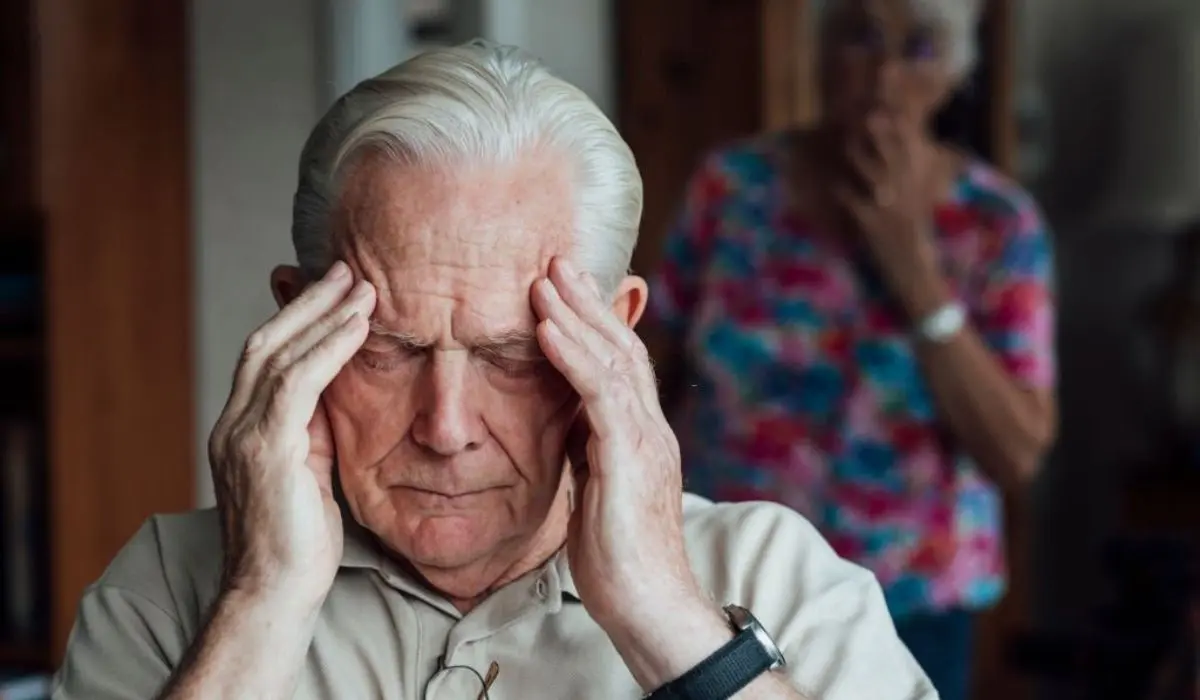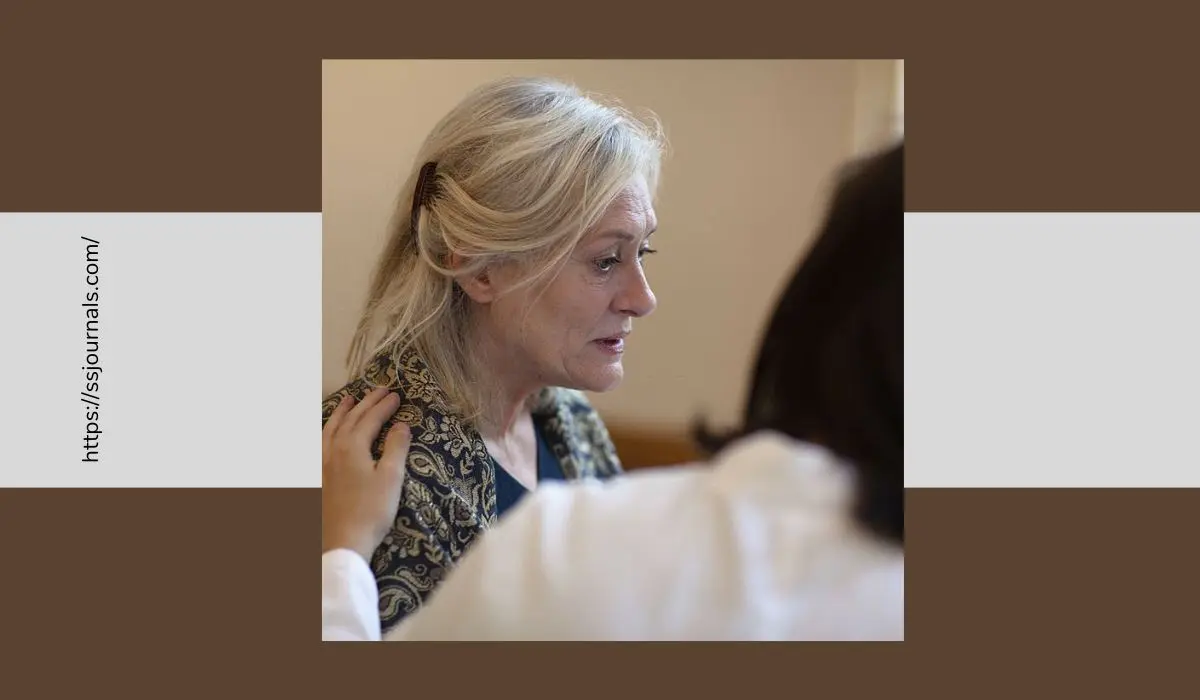Mental health issues become increasingly common in older adulthood. Up to 20% of adults over 65 exhibit symptoms of a mental health condition that should be evaluated and treated properly. Understanding the unique challenges faced by the elderly and tailoring care allows for improving their emotional well-being.
Common Psychological Disorders In The Elderly
As we age, mental health challenges become increasingly common. Up to 20% of adults over 65 exhibit symptoms of a psychological disorder that impairs daily functioning.

Depression and dementia are most prevalent, but anxiety, substance abuse, and schizophrenia can also emerge in late life.
Some of the most prevalent psychological issues faced by seniors include:
▪️ Depression
Depression frequently affects the elderly, though it often goes undiagnosed. Symptoms include persistent sadness, withdrawal from activities, disrupted sleep and appetite, fatigue, and thoughts of worthlessness.
Causes include brain changes, loneliness, chronic illness, genetics, and medication effects. Antidepressants and therapy help treat geriatric depression.
▪️ Dementia
Dementia describes cognitive decline from damaged neurons and brain shrinkage. Alzheimer’s disease is the most common form.
Memory loss, disorientation, personality changes, and difficulty with daily tasks occur. Supportive care and medication to manage symptoms are important for quality of life.
▪️ Anxiety Disorders
While not a normal part of aging, anxiety often arises in older adults due to medical problems, medications, trauma, grief, and worry over independence loss.
Generalized anxiety, phobias, panic attacks, and PTSD occur. Relaxation therapy and SSRI medications help alleviate anxiety.
▪️ Substance Abuse
Seniors may misuse alcohol or prescription medications as a coping mechanism for untreated mental health problems.
Warning signs include tolerance, withdrawal, inability to cut back use, and continuing despite the consequences. Support groups, therapy, and 12-step programs can achieve sobriety.
Many elderly with mental illness suffer in silence and do not seek treatment, exacerbating symptoms. Detecting issues early improves prognosis and functioning.
Causes Of Psychological Disorders In Old Age
Mental health issues become more common in older adulthood due to both normal aging processes and disease pathology interacting.
Understanding the factors that predispose the elderly to conditions like depression, anxiety, and dementia allows better prevention and early intervention.
▪️ Age-Related Brain Changes
Normal aging involves loss of brain volume, reduced blood flow, less dopamine production, and lowered connectivity between neurons.
These changes impair cognition and can disrupt mood regulation. Dementia accelerates this decline.
▪️ Physical Illness
Chronic medical problems that cause pain, disability, and reduced quality of life – like arthritis, heart disease, and diabetes – increase depression risk in the elderly. Poor health also contributes to cognitive impairment.
Medications
The many medications seniors take, from blood pressure pills to sedatives, have psychological side effects. Drug interactions also alter mental function, contributing to issues like delirium and depression.
▪️ Major Life Transitions
The death of a spouse, moving from independence, transitioning to assisted living, retirement, and loss of social roles contributes to grief, loneliness, and purposelessness that amplifies risk.
▪️ Sensory Decline
Vision and hearing loss leads to isolation and withdrawal from stimulating social and leisure activities. This fuels depression. Communication barriers also frustrate.
▪️ Genetics
A family history of mental illness elevates risk. Genetic vulnerabilities get expressed as aging processes occur. Trauma and abuse history also create predispositions.
Treatment And Support
Care for seniors with mental health conditions involves:
Conclusion
Mental illness in the elderly often goes undiagnosed and undertreated due to outdated cultural attitudes dismissing psychological problems as just signs of aging. But clinical intervention paired with patient-centered care supplies the elderly with additional support necessary to improve their outlook and ability to cope.
FAQs
Cholinesterase inhibitors like donepezil improve memory and cognition. Memantine blocks glutamate to reduce agitation.
Yes, while it may take longer, seniors can overcome depression through therapy, lifestyle changes, social support and medication if needed.
Medical illness, pain, caregiver stress, financial insecurity, grief, brain structure changes, and medication effects. Therapy and SSRI medications help.
The progressive damage to brain cells from diseases like Alzheimer’s causes steady decline over years. Medications only slow worsening.
No, it rarely emerges for the first time in older age. But people already diagnosed can manage symptoms well into old age.

